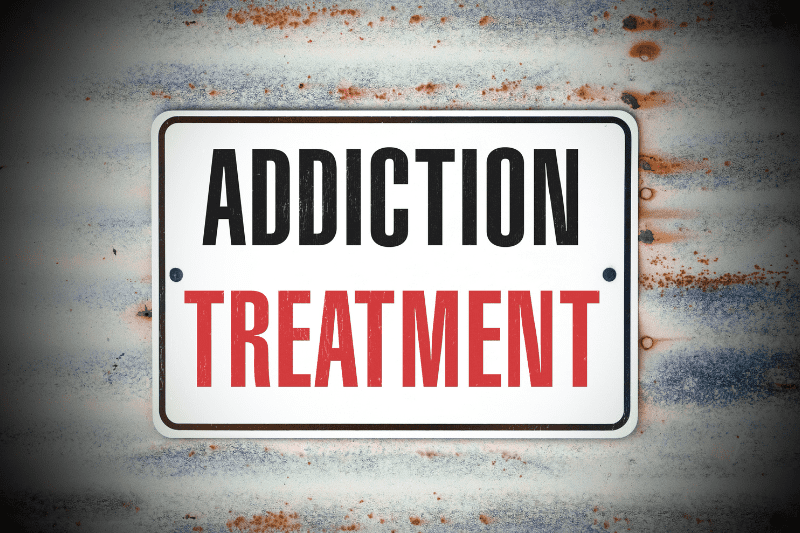Families can be destroyed by alcohol and drug abuse, and once-loving, successful people can become dismal husks of who they once were. Although the effect is disastrous, there is still hope. Anyone can overcome addiction with the support and guidance of a substance abuse treatment programme.
The five stages of addiction treatment include precontemplation, contemplation, preparation, action, and maintenance.
-
Pre-Contemplation Stage
Early recovery from addiction means that addicts are not yet ready for any kind of addiction treatment programme. This stage is characterised by defensiveness and continual justification of their behaviour.
There is a noticeable lack of knowledge regarding the negative effects of excessive drug or alcohol use, and there is a strong focus on the benefits of using their favoured drug.
When detoxing, it’s crucial to stay hydrated. But there are also benefits to specific food groups when it comes to reducing the agony of alcohol detox and symptoms.
Due to their lack of understanding of addictive behavior’s, a person may remain in this stage. Another reason we regularly see patients locked in the precontemplation stage is the devastation caused by repeated failed attempts at recovery and treatment options.
-
The Thinking Phase
The next stage is marked by contemplative readiness. This suggests that the person is ready to bring about change in the future, just not now. Unlike the earlier phase, they are aware of the advantages of quitting narcotics.
However, they are still acutely aware of the benefits they perceive in drug or alcohol addiction. At this stage, the person is more amenable to debate, which is important for family members and treatment facilities. By refraining from assigning blame, rendering judgement, and making accusations, you can assist them in moving on to the next phase.
-
Stage of Preparation
In the planning stage, the person is increasing their sense of urgency in relation to their desire for sobriety. It’s common for persons in this stage to go for one or two days without abusing drugs or alcohol, but it’s equally common to see them return to precontemplation stage or contemplation in the event that triggers or challenging feelings surface.
-
Stage of Action
The person is dedicated to change and has made major adjustments in their lives during the action stage. Long-term abstinence and a propensity to seek professional assistance before or after relapse are characteristics of this stage of change.
-
Maintenance Stage
In the maintenance phase of addiction treatment, the patient makes a lot of effort to prevent relapse. They continue to practice the lifestyle changes they made, such as going to support groups, working out regularly, having fun, abstaining from alcohol, and keeping good sleep hygiene.
Because they don’t feel the urge to relapse as frequently as those in the action stage, their confidence grows and they firmly believe that they will be able to maintain sobriety over the long term.
Conclusion
Understanding the five stages of addiction rehabilitation may be beneficial for addicts and their families. Each level provides guidance on how to recognize the problem, accept it, get ready for addiction therapy, and manage alcohol and drug abuse that has been successfully addressed. Subscribe to our website for more interesting topics.

